Blackfeet Reservation Witnesses School’s Values in Action on Summer Service Program
In 2022, Loyola Blakefield, a Catholic, Jesuit college preparatory school in Baltimore County, Maryland, chose Global Volunteers for their first service-learning program on the Blackfeet Reservation of Montana. Recognizing an alignment between our our Philosophy of Service and the school’s mission, based on the spirit of Ignatius Loyola, the pioneer team set out “to serve with and for others” on an exclusive Global Volunteers service program.
Loyola Blakefield college preparatory school draws its energy and passion for educating young men for service to others from the Jesuit tradition and the spirituality of Saint Ignatius. To develop young men of competence, conscience, and compassion, teachers guide students in a well-rounded education for lifelong discipline and pursuit of faith and serving others. Jim Katchko, one of the two faculty chaperones and a history teacher at Loyola Blakefield for 26 years, described the school’s mission: “Service is who we are. It’s extraordinarily important for our Ignatian education.”
Global Volunteers’ service programs focus on hand-in-hand service and give volunteers the opportunity to learn from and about the local people with whom they are working. This was a natural match for Loyola Blakefield in their mission to provide summer service-learning opportunities as part of their Ignatian education.
During their week of service with the Blackfeet Nation, the student volunteers and faculty helped repair and expand a fire pit area at the BUMP ranch, clean horse stalls and wash horse blankets, erect a tipi, distribute meals, set up games for the Children’s Day event, and stock shelves at the Blackfeet commodity center. Seventeen-year-old student Christopher Magaha described his experiences serving the Blackfeet people, “This has been a once-in-a-lifetime experience. Being able to help teachers at De La Salle, build a fireplace, and prepare food for those living in poverty – all these service jobs taught me to be more grateful for what I have.”
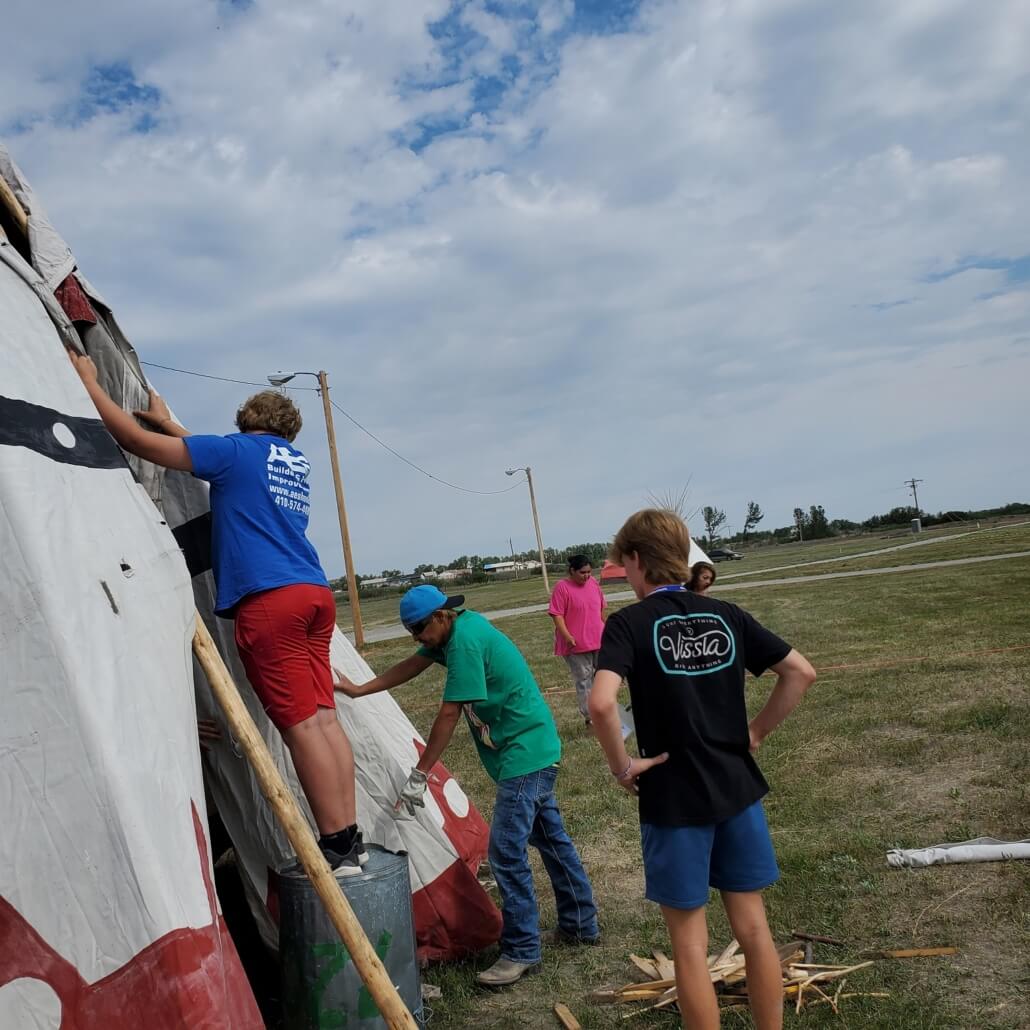
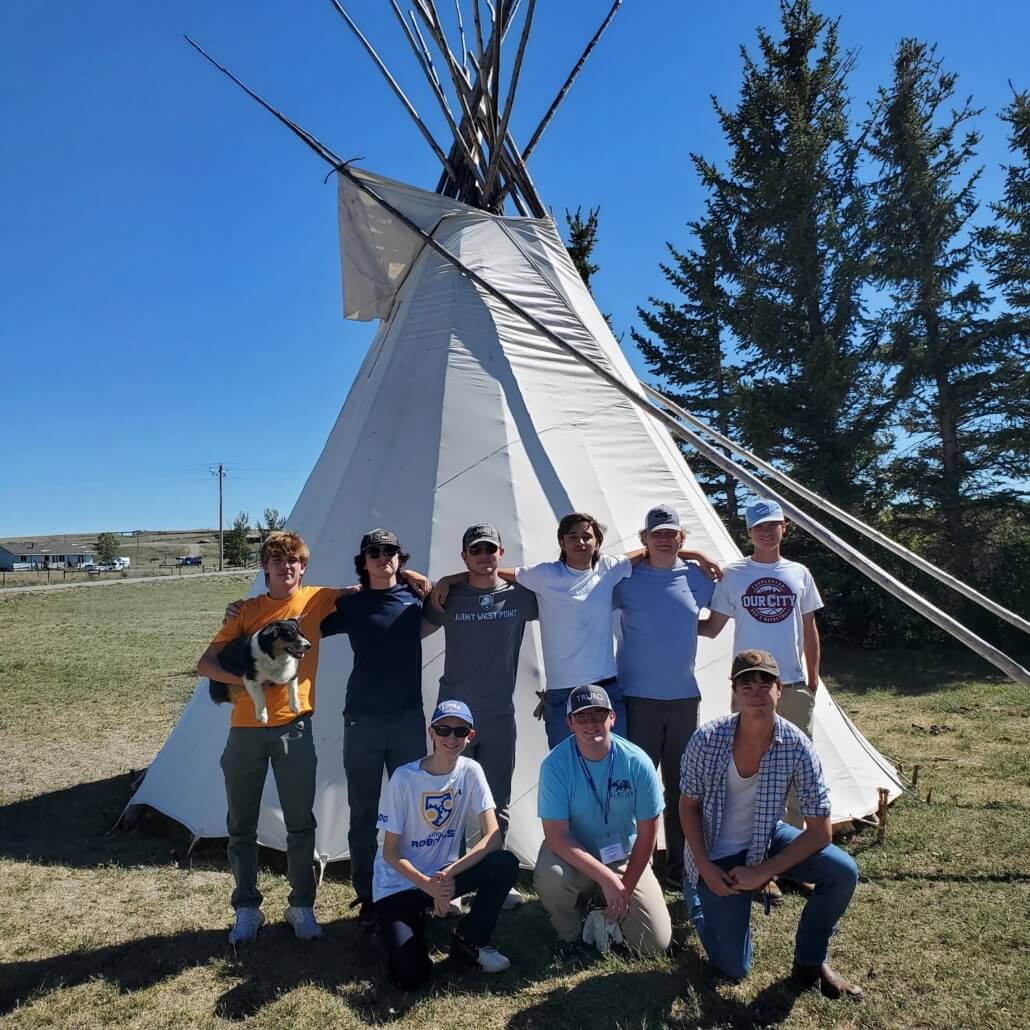
“Service is who we are. It’s extraordinarily important for our Ignatian education.”
– Jim Katchko, faculty chaperone from Loyola Blakefield School on August 2022 Montana service program
Students were exposed to a completely different perspective through discussions with Blackfeet people on their culture, history, and traditions. In their team journal written while in Montana, students Joseph Williams and Logan Carignano wrote: “The (Christian) brothers taught us about the history of the land and their philosophy of education and why it is so important on the Blackfeet Reservation. It really hit me when Brother Dale at the end of dinner told us the statistics – only 50% of students at the public schools will graduate. Education is such a scary word for a Native American. All it meant a generation ago is that you would be stripped of your culture, your identity, yourself. It meant the white man has control and I am forced to succumb to him. Alcohol and drugs are more appealing to someone who sees no light from the past; still carrying the burden of their ancestors with them. The brothers are recreating education for the Blackfeet people. They have recreated it for me – a new outlook on life, one with God, and a re-kindling of a trust and understanding between what once was, and who we are now.”
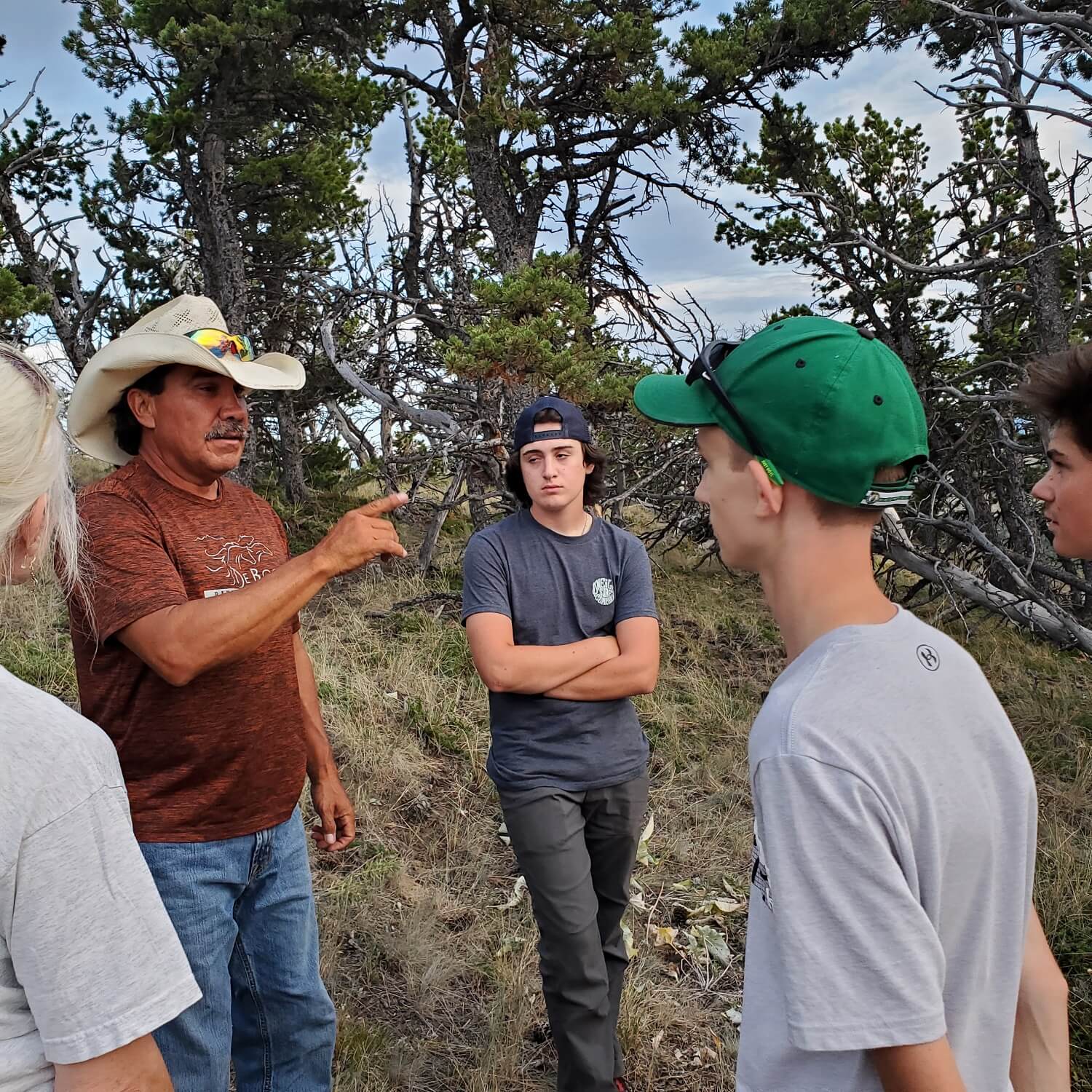
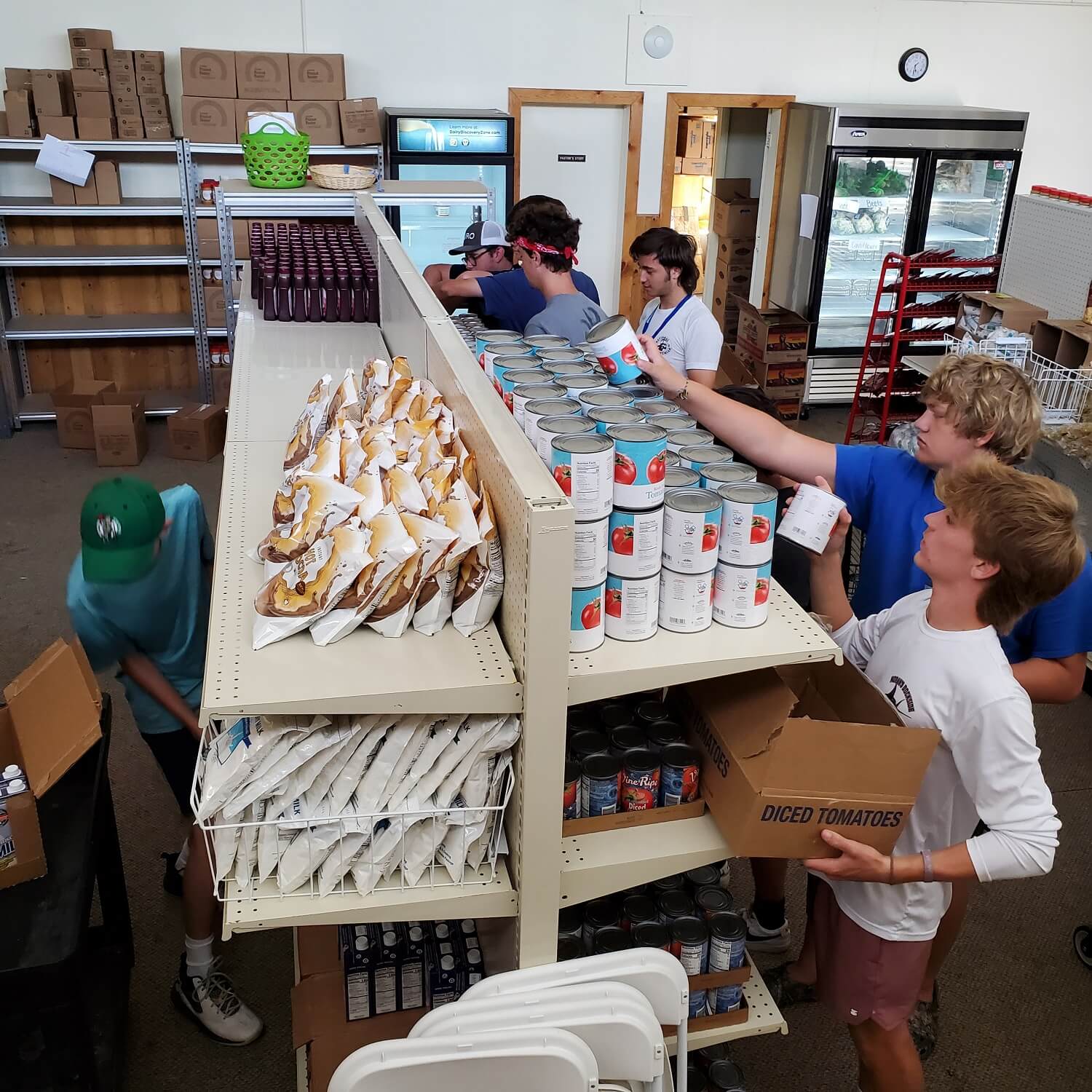
Reflection Time: A Combined Global Volunteers and Ignatian Tradition
Beth Ann Szczepaniak, the Director of Ignatian Service at Loyola Blakefield, said there are multi-fold reasons for partnering with Global Volunteers. Szczepaniak was drawn to Global Volunteers’ structured daily schedule and the opportunity for learning and reflection that presented by engaging in cultural activities, morning team meetings, evening conversations and discussions, and team journal writing, all integral parts of Global Volunteers’ service programs. Szczepaniak expressed how she found Global Volunteers’ rituals of conducting a team meeting every morning beginning with a Message of the Day to “remind us where we are and why we’re here” and the time for reflection on the day’s events in the evening was beneficial for students in processing their service experience. Drawing on parallels with the Ignatian pedagogical paradigm, Katchko says that the way the Team Leader led the team in service “all felt very Ignatian”.
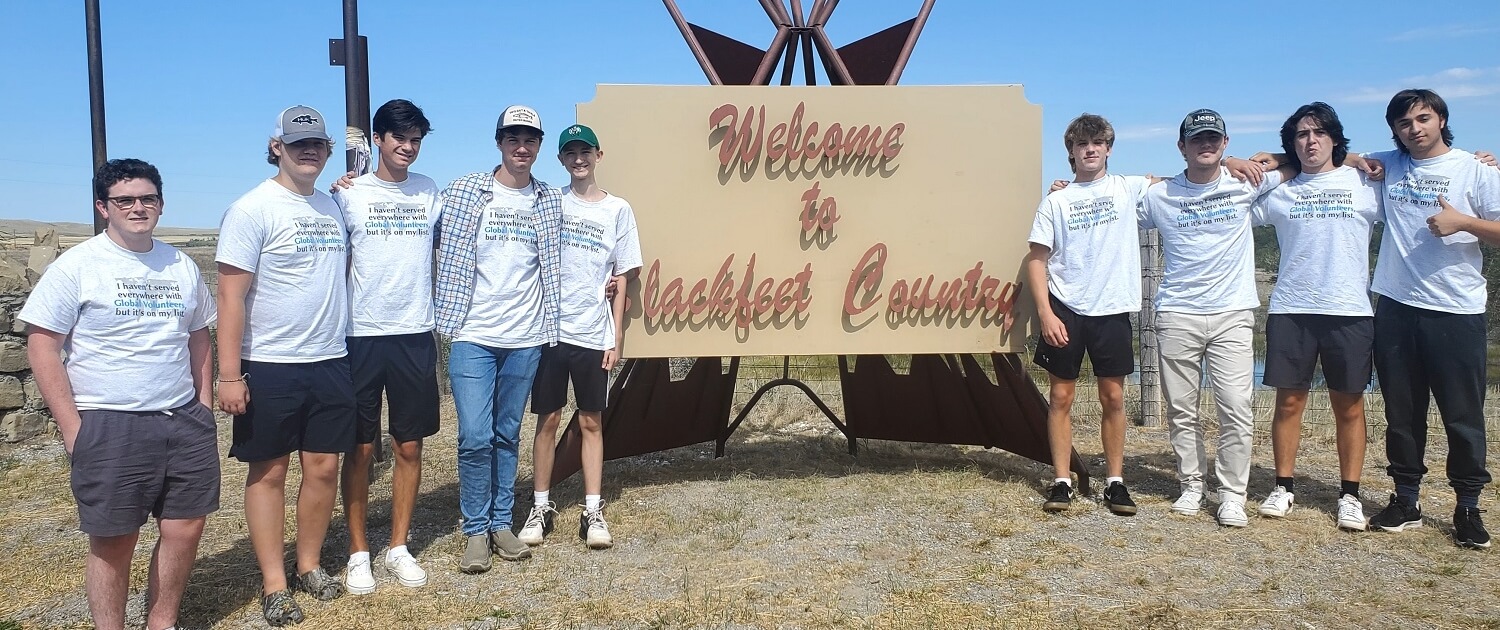
Szczepaniak asserts that this aspect of Global Volunteers’ service programs was one of the most appealing. On other service trips in which Loyola Blakefield has participated, the faculty needed to create these spaces for their students to reflect on and process the experience. With reflection time built into Global Volunteers’ service programs, faculty could focus on service and support their students’ reflection without the stress of leading it. Gayle Smith, a math teacher at Loyola Blakefield and one of the faculty chaperones on the Blackfeet service program, said she greatly enjoyed the growth she saw in the Loyola Blakefield students and said she was fully supported by her Team Leader in guiding the students in the challenges they faced while serving away from home in another culture.
Further, the Loyola Blakefield students themselves wanted to have time to journal and reflect on what they were experiencing. Smith reported her awe at the students’ eagerness to participate in such reflection and noted how similar Global Volunteers’ team meetings were to the Jesuit model of teaching. “I’m always a little bit amazed at how willing our students are to reflect on their experiences; how much they want to do that on these trips. We could have put slightly different words to Global Volunteers’ practices, and it would have matched exactly what we call the Ignatian pedagogical paradigm of how to plan a lesson, right? Context, reflection, and action – we were hitting on all those things.”
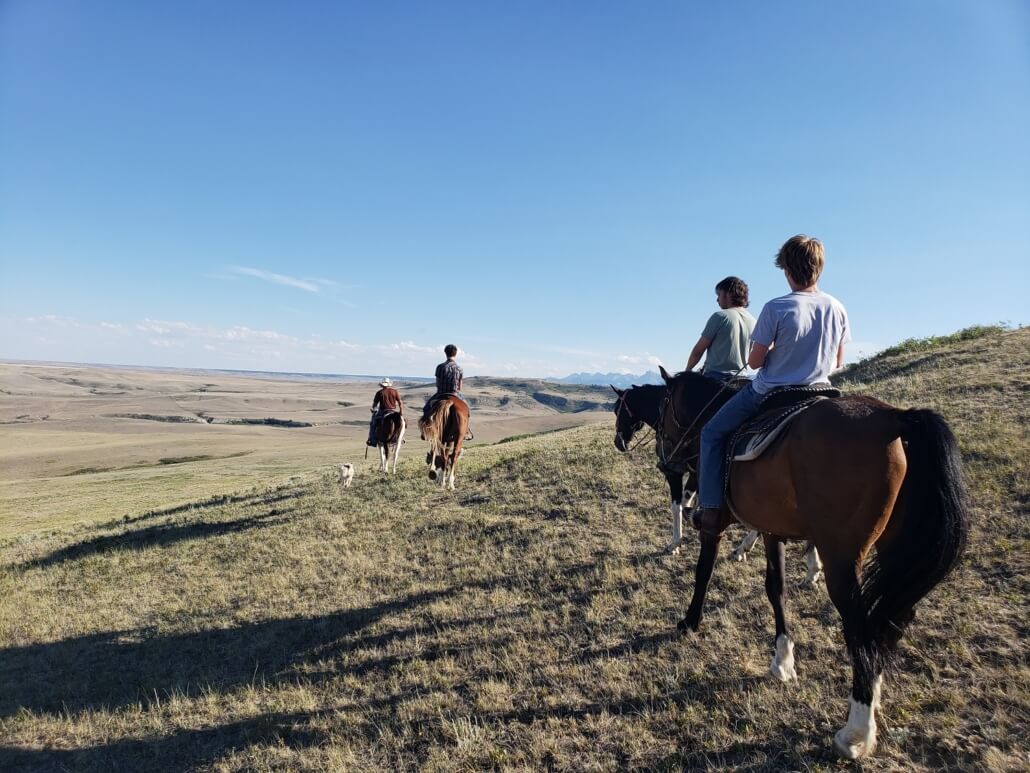
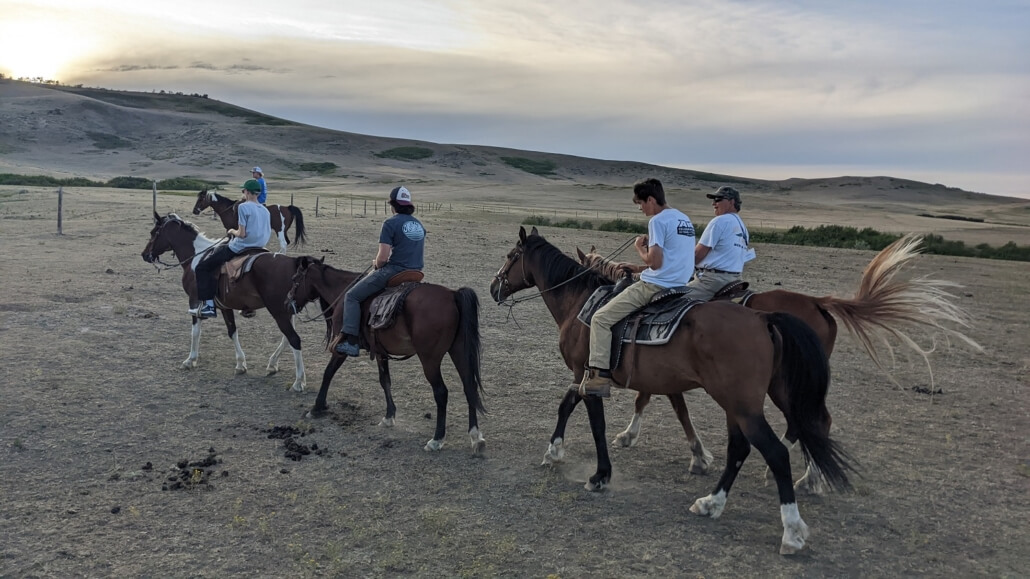
“I’m always a little bit amazed at how willing our students are to reflect on their experiences; how much they want to do that on these trips. We could have put slightly different words to Global Volunteers’ practices, and it would have matched exactly what we call the Ignatian pedagogical paradigm of how to plan a lesson, right? Context, reflection, and action – we were hitting on all of those things.”
– Gayle Smith, faculty chaperone from Loyola Blakefield School on August 2022 Montana service program
True Growth Occurs Beyond One’s Comfort Zone
Smith explained how being in a completely new environment and culture serving on the Blackfeet Reservation pushed students beyond their comfort level: “We were breaking down barriers of discomfort for the students, and saying to them, ‘it’s okay if you’re uncomfortable, but you’ve got to do it anyway.’ It’s just what I believe in.” Smith described how students’ barriers were broken through different interactions and experiences they would never have at home. She saw growth in her students through questioning those boundaries and pushing themselves to do new and different things. She enthuses, “I mean, we danced at a pow-wow, holding hands in a big line. These are eighteen-year-old boys – they don’t hold hands. But I don’t think one of them would regret having done that, you know?” She affirms, “There was discomfort that I think they would all say led to a better experience.”
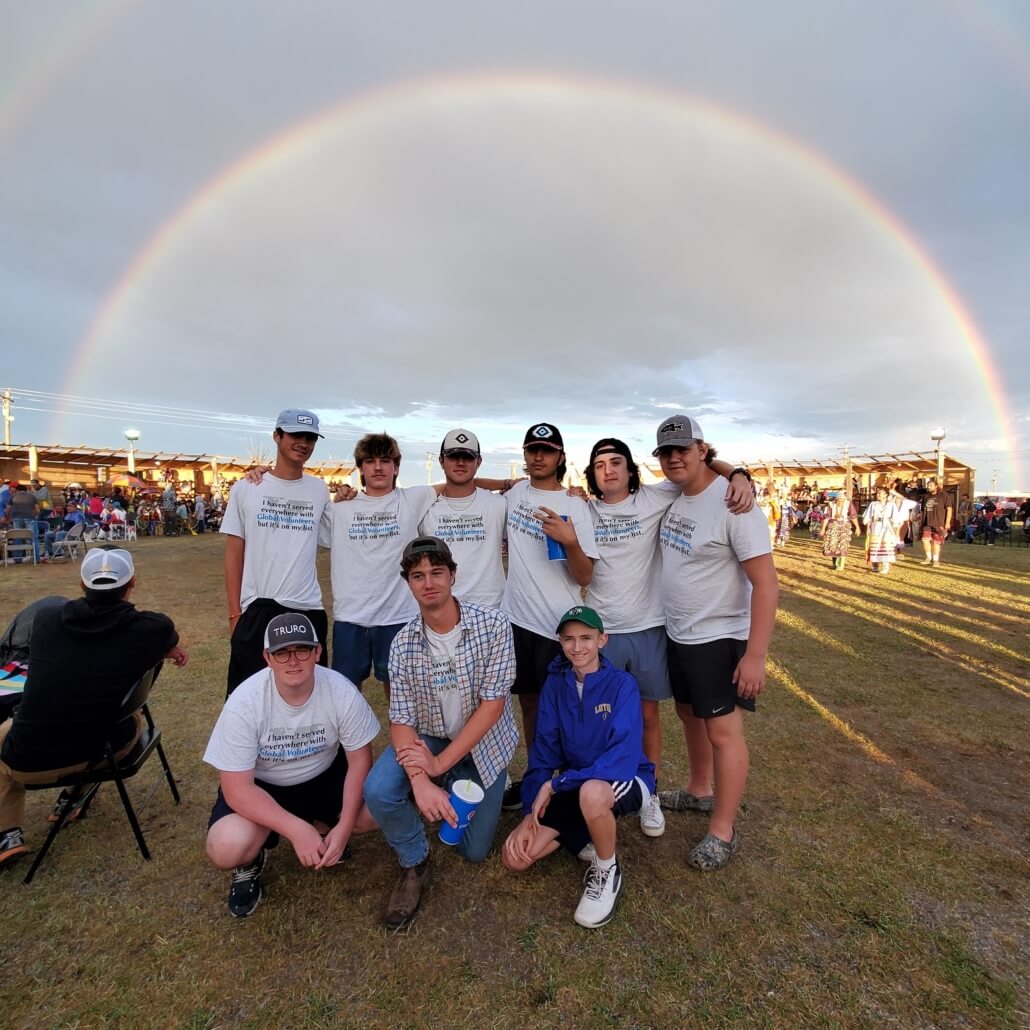
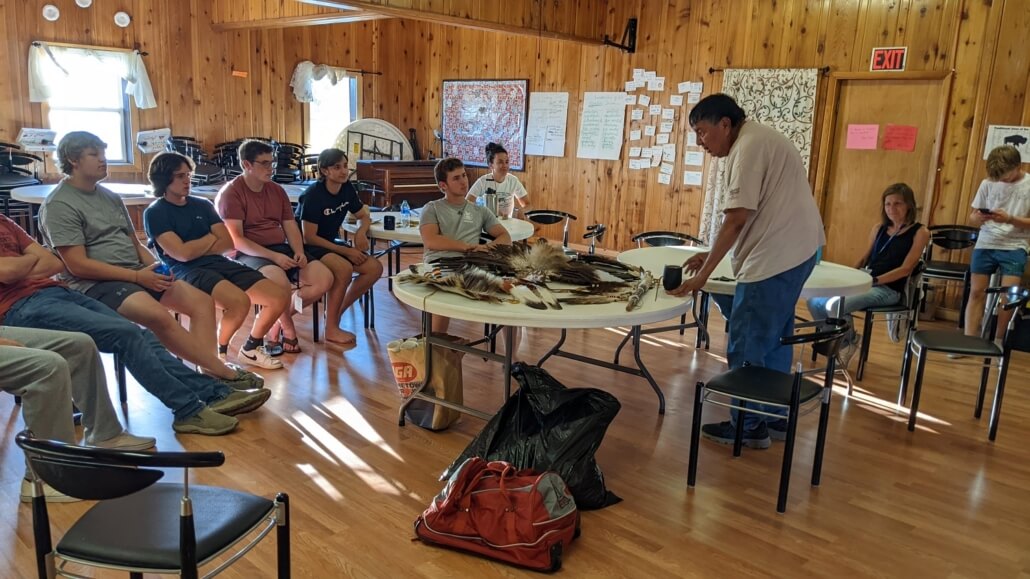
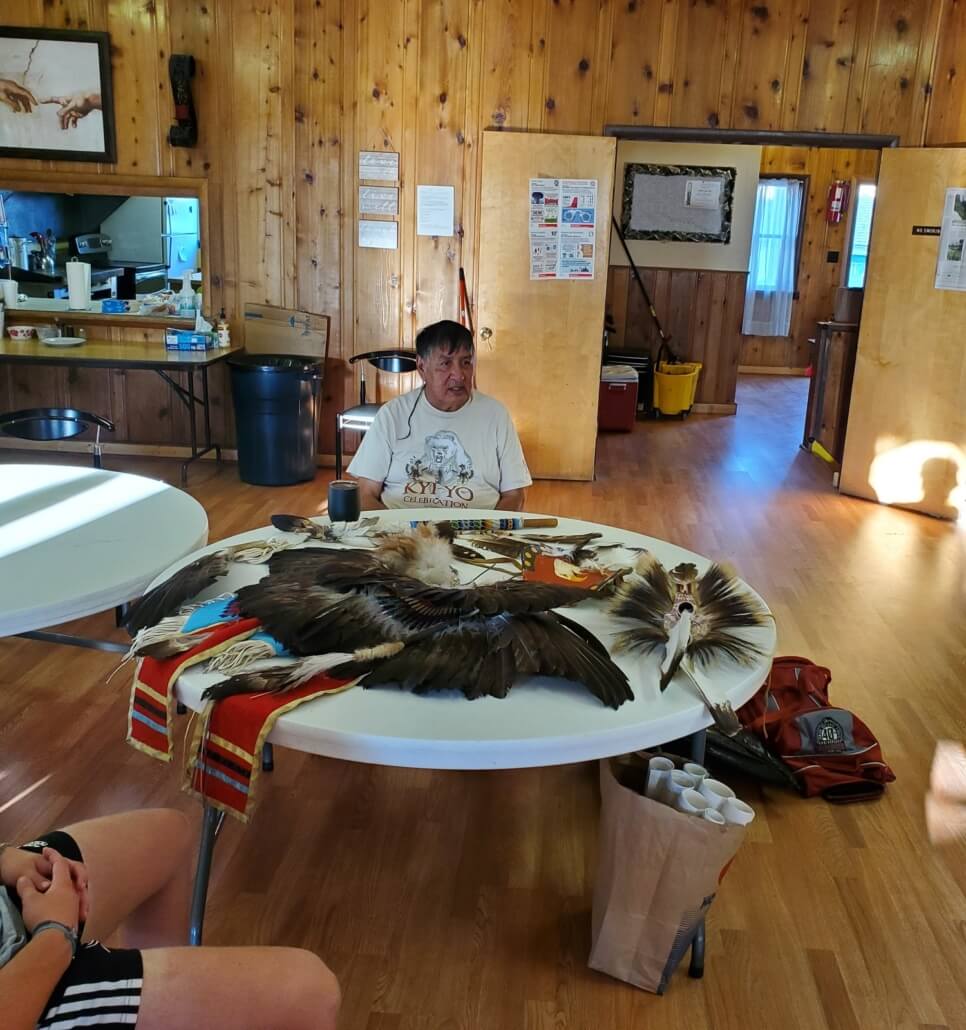
Szczepaniak and other Loyola Blakefield leaders sensed that Global Volunteers’ 25-year partnerships with the Blackfeet Nation would afford their students an authentic, albeit short, experience with Native American people. Smith said doors were unexpectedly opened to her group because of Global Volunteers Co-founder Michele Gran’s leadership of the team. I am so grateful we were allowed to smudge and pray with local people, who shared their pride in the culture. I learned so much about traditional Blackfeet rituals and celebrations in a short time.”
Smith quickly added, “I hesitate to call this a service program, because it was so much more. As is usual in these exceptional situations, I gained so much more than I gave.”
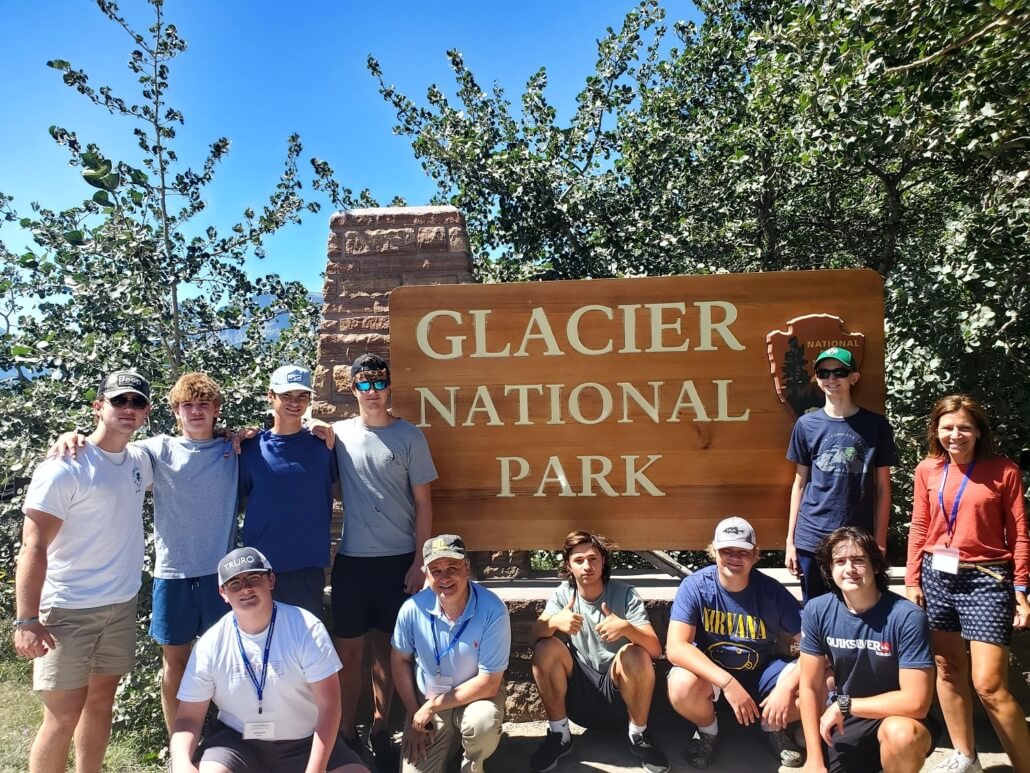
You may also like:

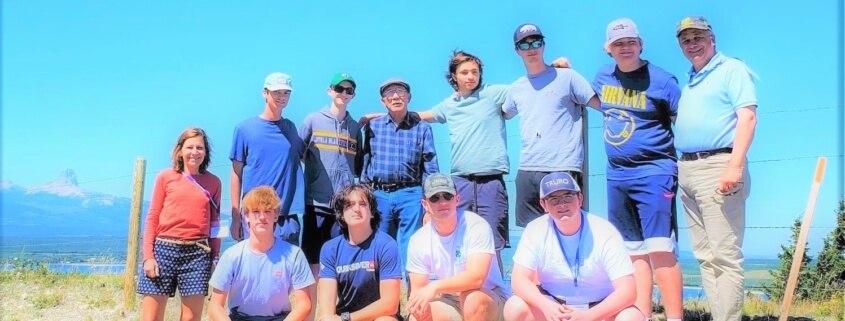


Leave a Reply
Want to join the discussion?Feel free to contribute!